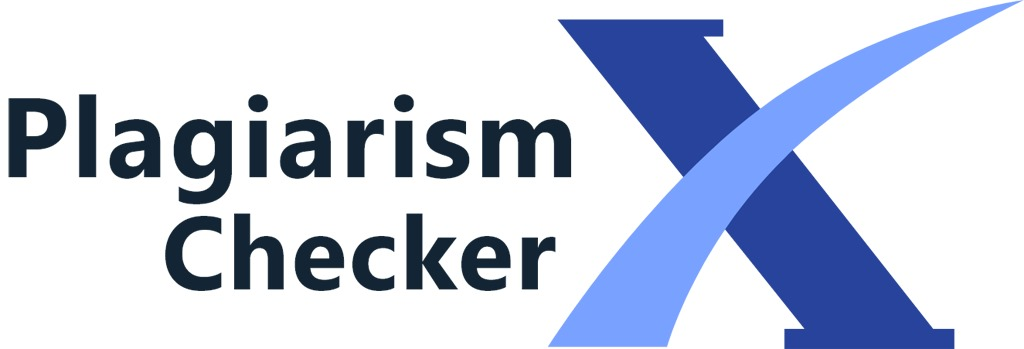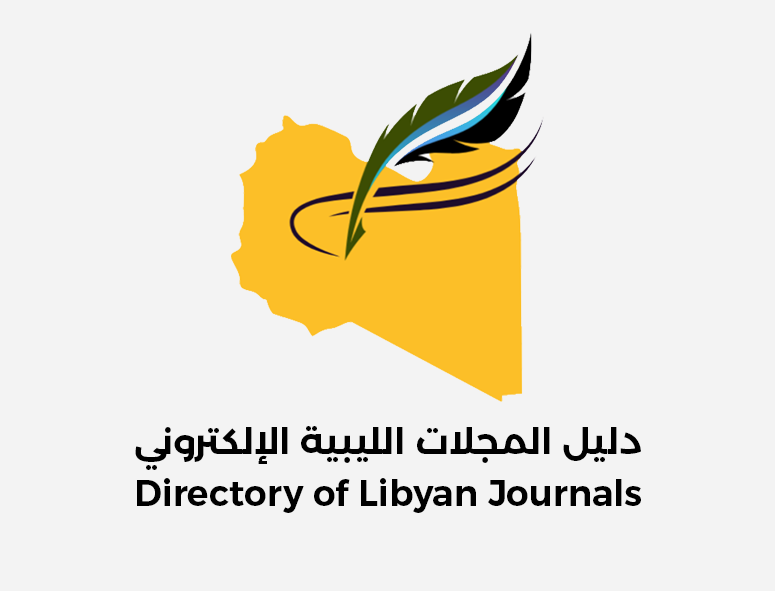Herbal Medicine Use and Attitudes during the COVID-19 Crisis in Libya: Cross-Sectional Study
DOI:
https://doi.org/10.26629/uzjms.2025.03Keywords:
Herbal Medicine, Covid-19, Libya.Abstract
Background: Herbal medicine is widely used worldwide to alleviate COVID-19 symptoms and boost the immune
system. This study examined the general attitudes toward herbal medicine (HM) and its use during the COVID-19
pandemic in Libya.
Materials and Methods: A descriptive study with a cross-sectional design was conducted in Libya between 9
February and 9 August 9, 2022. This study used a questionnaire distributed via Google Forms. The collected Data were
transferred into a Microsoft Excel sheet and then exported to the R statistical computing platform (version 4.2.1). A
descriptive statistical analysis and Chi-square test were performed with a significance level set at p<0.05.
Results: About 69% of study participants agreed that herbal medicine is natural and safe. 36% of participants believe
that herbal medicine works better than conventional drugs. Most participants (73%) used HM during the COVID−19
pandemic. The most informative source about HM was Family and friends (67%), followed by local herbalists (14%), and
only 08% asked pharmacists about HM before using it. HM's most common influencers and prescribers were family and
friends (41.5%). The most frequently used HM were lemon and honey (17%), followed by thyme (15%), Indian costus
(12%), ginger (11%), clove (10%), garlic (7%), and cinnamon (6%). Moreover, most symptoms that were relieved after
using HM were respiratory symptoms (53.2%).
Conclusions: Many individuals perceive herbal medicine as a safer alternative to conventional pharmaceuticals,
attributing this belief to its natural origins and the generally fewer side effects associated with its use. In the context of the
COVID-19 pandemic, there has been considerable reliance on medicinal plants to help alleviate various symptoms linked
to the virus. However, raising awareness about the proper use of herbal medicine with proper professional consultation is
required to ensure the public health and safety.












